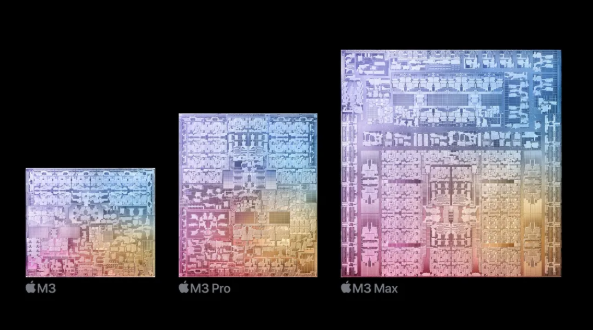Apple is stepping up its deployment in the field of artificial intelligence, and the core of its strategy lies in independent research and development of server chips. According to reports, Apple is secretly working with Broadcom to design a server chip specifically designed for artificial intelligence applications, codenamed "Baltra." This move marks the further expansion of Apple’s ambitions in the AI field, and also heralds a major strategic adjustment in getting rid of its dependence on third-party chip suppliers and building an independent AI ecosystem. This will have a profound impact on the future AI industry landscape, especially in terms of cloud AI processing capabilities.
Apple is quietly laying out the "heart" of artificial intelligence - server chips. According to The Information, citing three people familiar with the matter, Apple is working with semiconductor giant Broadcom to secretly develop the first server chip designed to handle AI applications. This move indicates that Apple’s ambitions in the field of artificial intelligence are accelerating.
Apple is famous for designing its own chips. Its "Apple Silicon" series of chips are mainly manufactured by Taiwan Semiconductor Manufacturing Co., Ltd. (TSMC) and are widely used in iPhone, Mac and other devices. However, these chips are not specifically designed for AI processing and are difficult to meet the growing demand for AI computing power.

Just this Wednesday, Apple launched its highly anticipated "Apple Intelligence" features, including integration with ChatGPT. Although Apple plans to run most AI functions directly on the device, some computationally intensive tasks such as Siri and maps still need to be processed in the cloud. In the future, Apple will also launch more generative AI functions, which means that the demand for cloud computing power will further increase.
At this time, Apple's server chip codenamed "Baltra" came into being. It is like an "engine" tailored for Apple's AI strategy and will provide strong power for cloud AI processing.
Sources pointed out that the cooperation between Apple and Broadcom focuses on the chip’s network technology, which is crucial for devices to connect to the network for AI processing. Apple aims to complete the design of the chip within 12 months. This means that Apple is accelerating the construction of the underlying infrastructure of its AI ecosystem to cope with future AI challenges.
This move not only marks another important breakthrough for Apple in the field of self-developed chips, but also implies that it is accelerating its move away from dependence on third-party server chip suppliers and further controls the core lifeblood of AI development. The launch of this self-developed AI server chip will inject new vitality into Apple's AI strategy and may trigger major changes in the industry structure in the future.
Apple's move shows that its strategic layout in the field of artificial intelligence has entered a new stage. The success of the "Baltra" chip in the future will directly affect Apple's competitiveness in the field of AI and deserves continued attention. Its impact on the entire AI industry chain is also worth looking forward to.